Training & Placement at Thapar School Of Liberal Arts & Sciences (TSLAS, Patiala)
1. Preparation and Training:
The placement process begins with preparation and training. Thapar School Of Liberal Arts & Sciences (TSLAS, Patiala) typically offer a range of services to equip students with the skills and knowledge necessary for the job market. These may include resume writing workshops, interview preparation sessions, soft skills training, and industry-specific seminars. The aim is to make students job-ready and competitive in their chosen fields.
2. Registration and Profile Creation:
Students interested in participating in the placement process usually need to register with the college's placement cell. During this registration, they create a comprehensive profile that includes their academic achievements, skills, work experiences, and career preferences. This information helps the placement cell match students with suitable job opportunities.
3. Internship Opportunities:
In addition to full-time job placements, many colleges also offer internship opportunities. Internships are a valuable way for students to gain practical experience in their chosen fields while still pursuing their education. The placement cell often facilitates the internship search process, connecting students with companies looking for interns.
4. Job Notifications and Listings:
The college's placement cell works closely with various companies and organizations to secure job listings. These job notifications are often shared with students through online portals or on-campus job fairs. These listings contain details about the job roles, qualifications required, and application deadlines.
5. Application and Screening:
Once students identify job or internship opportunities of interest, they submit their applications through the college's placement portal. These applications are screened by the placement cell to ensure that students meet the minimum eligibility criteria specified by the employers.
6. Pre-Placement Talks:
Before companies conduct interviews on campus, they often engage in pre-placement talks. These sessions give students an opportunity to learn more about the company, its culture, job roles, and growth prospects. It also allows students to interact with company representatives and ask questions.
7. Interview and Selection:
The next stage involves interviews and selection processes. Depending on the company's preferences, interviews may be conducted on-campus or remotely. Students who perform well during interviews may be shortlisted for further rounds or offered jobs or internships directly. The selection process varies from company to company and may include written tests, group discussions, and technical evaluations.
8. Job Offers and Acceptance:
Upon successfully clearing the selection process, students receive job offers. These offers outline the terms and conditions of employment, including salary, benefits, and other contractual details. Students are given a certain timeframe to review and accept the offers.
9. Placement Drives:
To facilitate the placement process, colleges often organize placement drives, which are events where multiple companies visit the campus to conduct interviews and make job offers. These drives streamline the hiring process for both students and employers.
10. Career Guidance and Support:
Even after securing placements, many colleges continue to offer career guidance and support to students. This may include mentorship programs, alumni networks, and resources for career advancement.
11. Feedback and Improvement:
Thapar School Of Liberal Arts & Sciences (TSLAS, Patiala) also seek feedback from both students and employers to assess the effectiveness of the placement process. This feedback is used to make improvements and adjustments for future placements.

 Patiala, Punjab
Patiala, Punjab
 Collage
Collage
 2021
2021

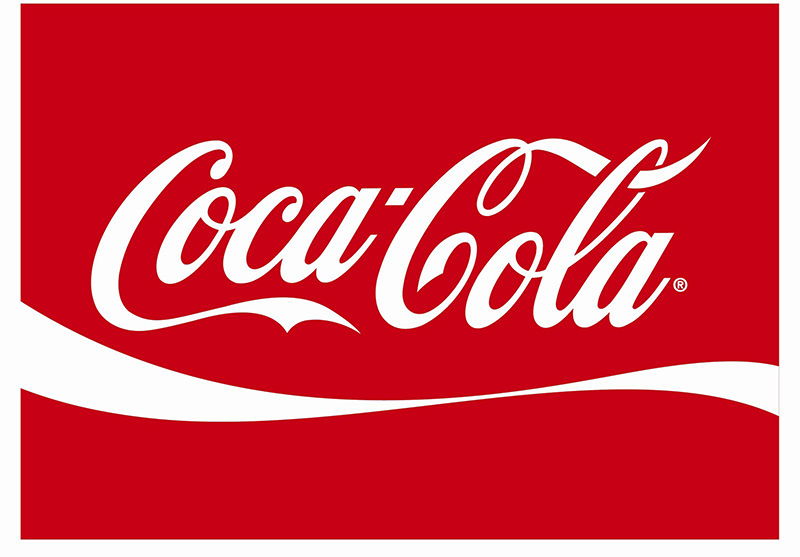
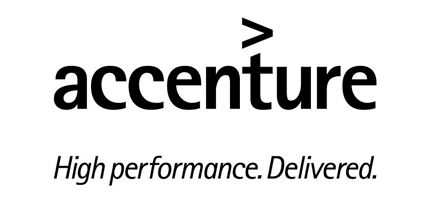
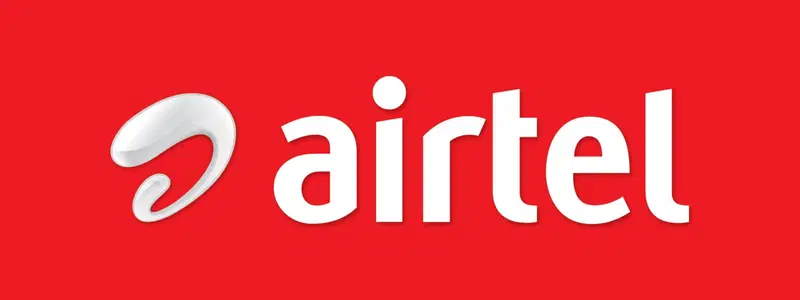
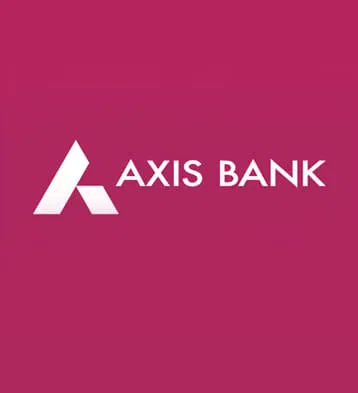
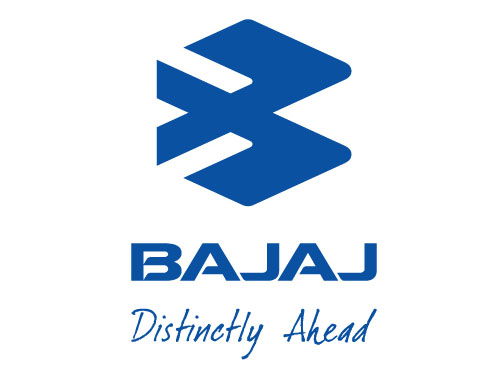
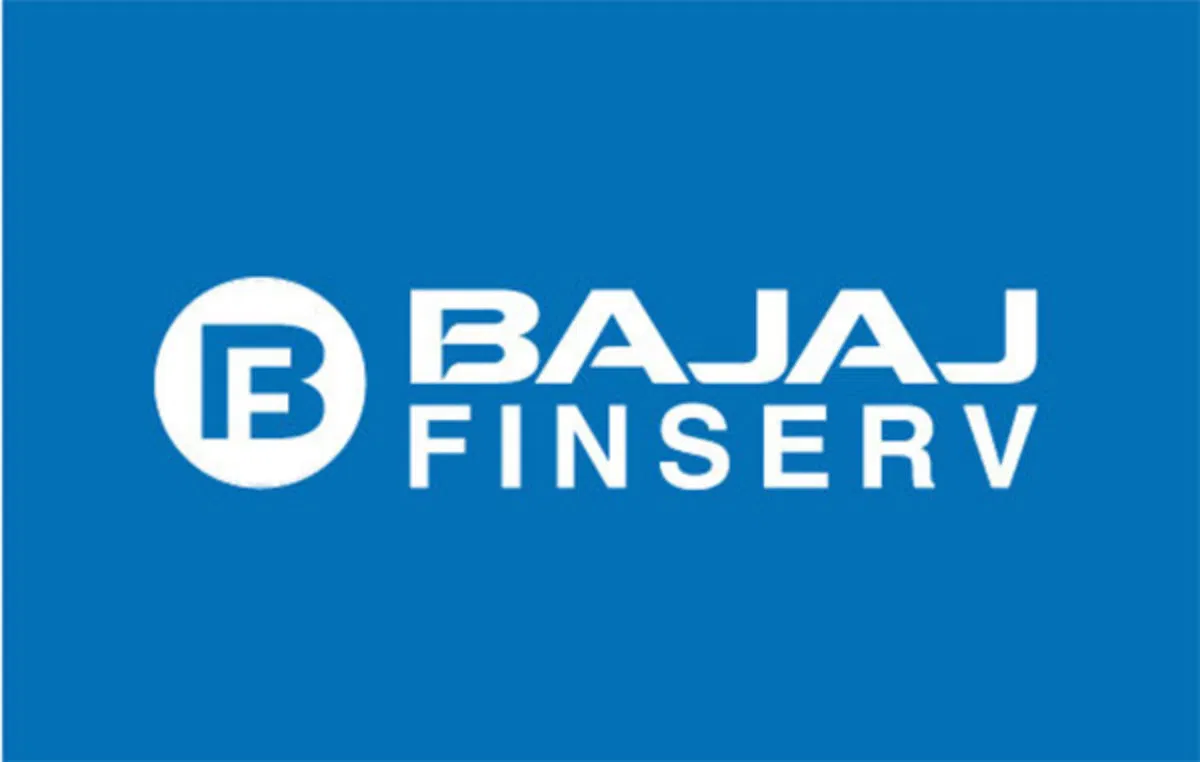
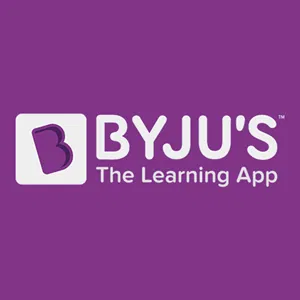

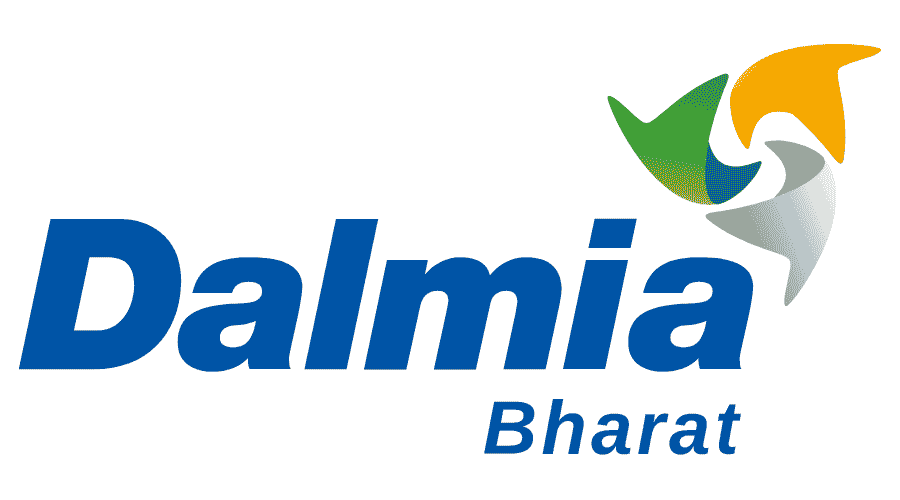




 back
back